Anyone who’s ever tried to talk about animal welfare or veganism has probably been hit with a barrage of excuses, justifications, and downright strange arguments.
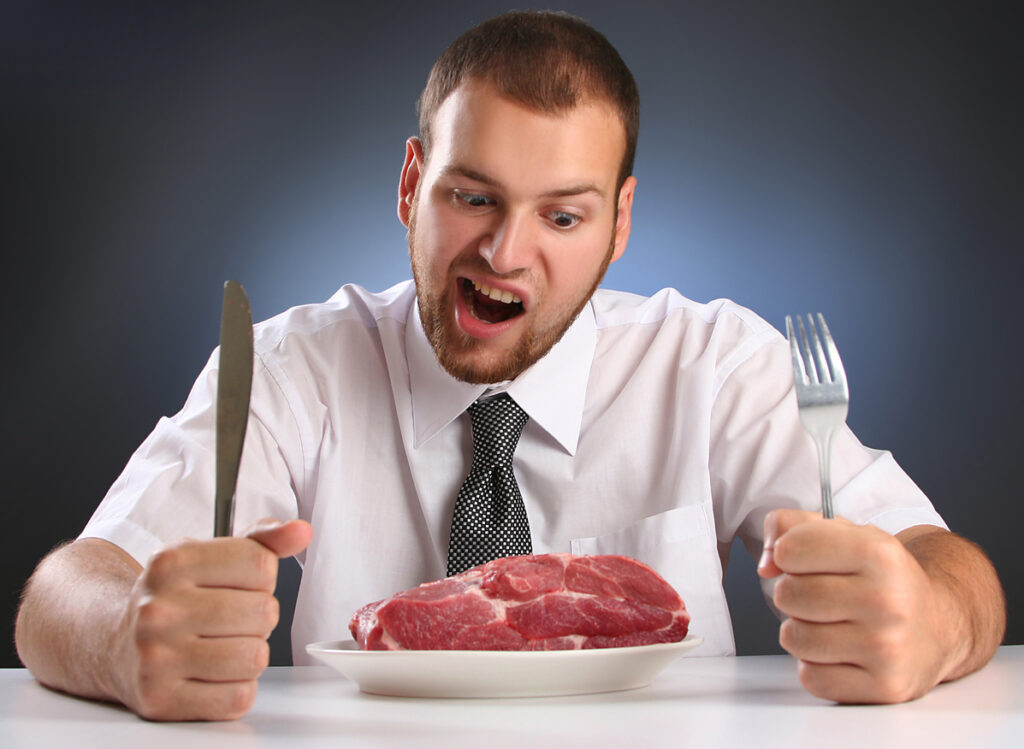
And while not everyone needs to go vegan overnight (or even at all), it’s worth calling out the bizarre logic people sometimes cling to just to avoid thinking too hard about where their food comes from. If you’ve ever brought up animal suffering and found yourself in a conversation that made your brain melt, some of these will sound very familiar.
1. “Animals eat other animals, so it’s natural.”

This one comes up a lot—as if everything “natural” is automatically morally acceptable. Lions also abandon their cubs and fight to the death. Doesn’t mean we should copy them at dinner. Humans have the capacity to make conscious, ethical choices. Just because something exists in nature doesn’t make it a moral green light. After all, we also invented seatbelts and vaccines for a reason.
2. “But I only buy ‘humane’ meat.”
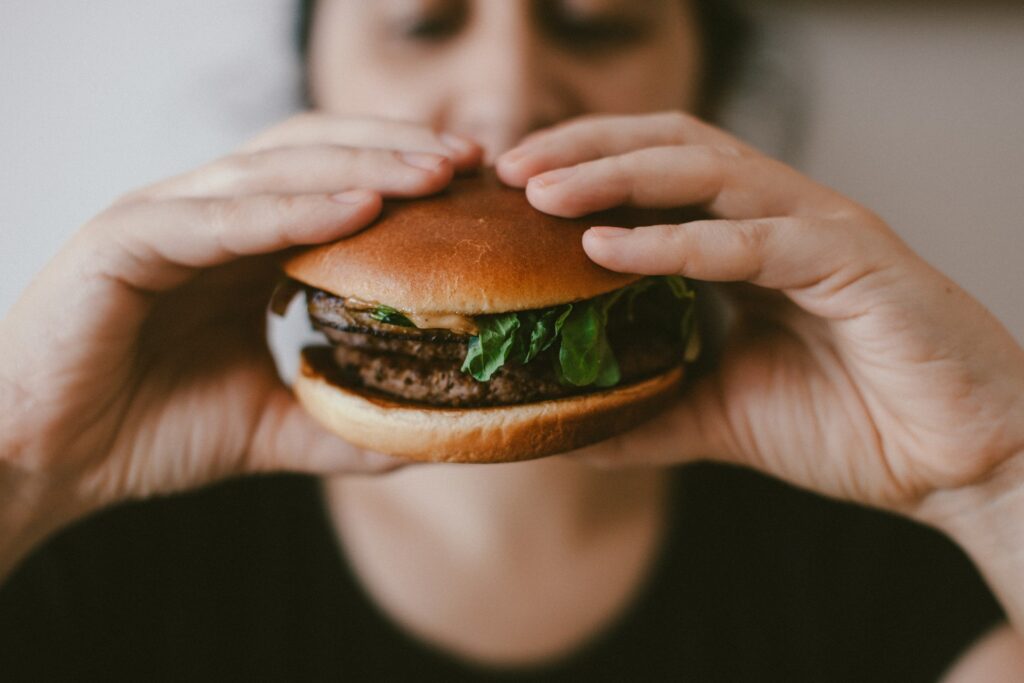
“Humane slaughter” is a phrase that sounds like an oxymoron because, well—it is. The industry slaps feel-good labels on products, but the reality for the animals is still grim. Whether it’s a tiny cage or a slightly bigger one, the end result is the same. Most people wouldn’t want to swap places with an animal on a ‘high welfare’ farm, and that says plenty.
3. “Plants feel pain too, you know.”

By that logic, shouldn’t we be trying to eat as few plants as possible? Guess what takes more plants to produce—a salad or a steak? It’s the steak, by a mile. Even if plants did have some kind of awareness, eating them directly still involves far less harm than filtering them through an animal first. It’s basic food chain maths.
4. “We’ve always eaten meat—it’s tradition.”

Lots of traditions involved cruelty before we stopped and re-evaluated. Tradition isn’t a free pass to keep doing something just because it’s old. Cultural practices evolve. Saying something is okay because it’s historical is just a way to stall ethical progress. And no one clings harder to a tradition than someone who doesn’t want to question it.
5. “It’s just the circle of life.”
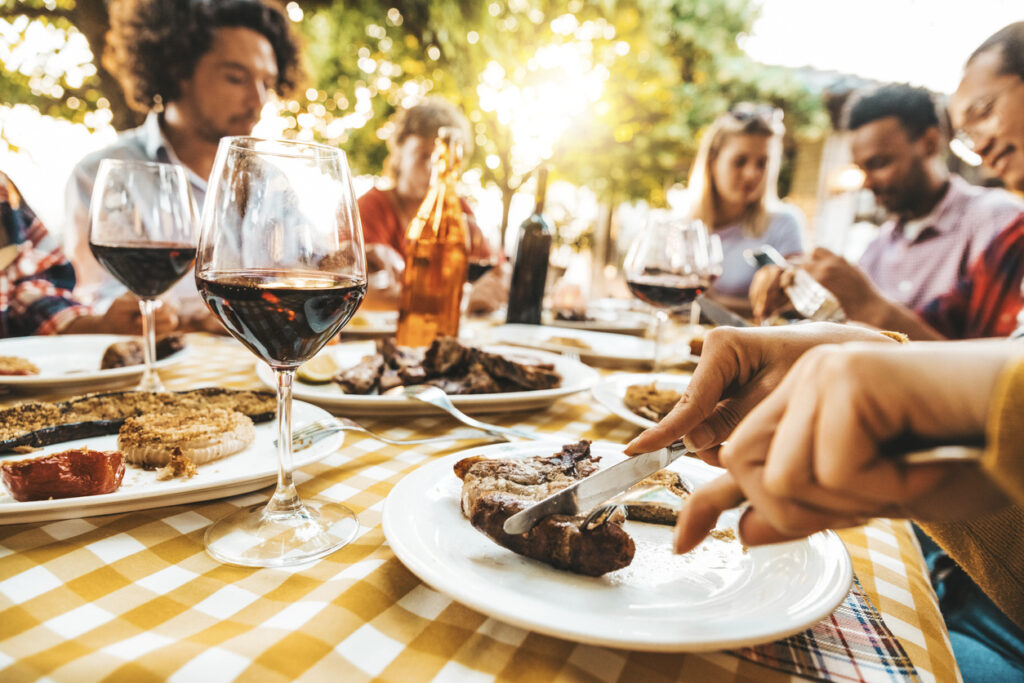
This argument tends to confuse nature documentaries with modern farming. A lion taking down an antelope isn’t the same as mass-producing billions of animals in factory sheds. The circle of life didn’t include deep fryers and conveyor belts. The reality of industrial meat is way more manufactured—and much less poetic—than people want to admit.
6. “I need meat for protein.”
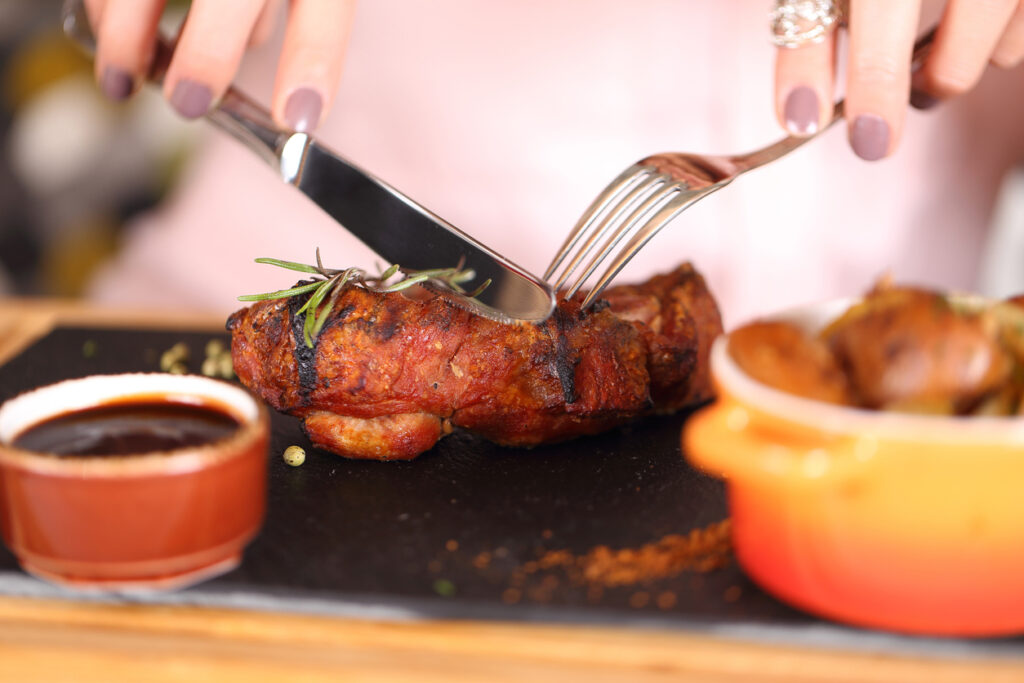
Unless you’re a competitive bodybuilder trying to bulk for a world record lift, you’re probably getting more than enough protein without even trying. Beans, tofu, lentils, and even oats have you covered. This myth is one of the most persistent, but most people get far more protein than they need—often to the detriment of other important nutrients. You’re not going to waste away without a chicken breast.
7. “Animals would go extinct if we stopped eating them.”

Livestock animals are bred into existence for consumption. If we stopped eating them, we’d stop overbreeding them, not eliminate existing wild populations. This is like saying if we closed puppy mills, dogs would go extinct. No one’s arguing for wiping out animals—just not forcing them into lives of suffering for sandwiches.
8. “I only eat meat occasionally, so it’s fine.”

Cutting down is better than doing nothing, but it’s not a moral get-out-of-jail-free card. The demand for meat doesn’t disappear just because it’s not a daily habit. If someone admitted they only cheated in their relationship “sometimes,” it wouldn’t exactly win them praise. Occasional harm is still harm.
9. “Plants are killed to grow crops for vegans too.”

Most of the crops grown globally aren’t going directly to humans—they’re being used to feed farm animals. So animal farming still causes more plant deaths overall. If people are genuinely concerned about crop deaths, they should stop supporting the system that requires more of them. A plant-based diet is still the most efficient option.
10. “Animals are here for us to use.”
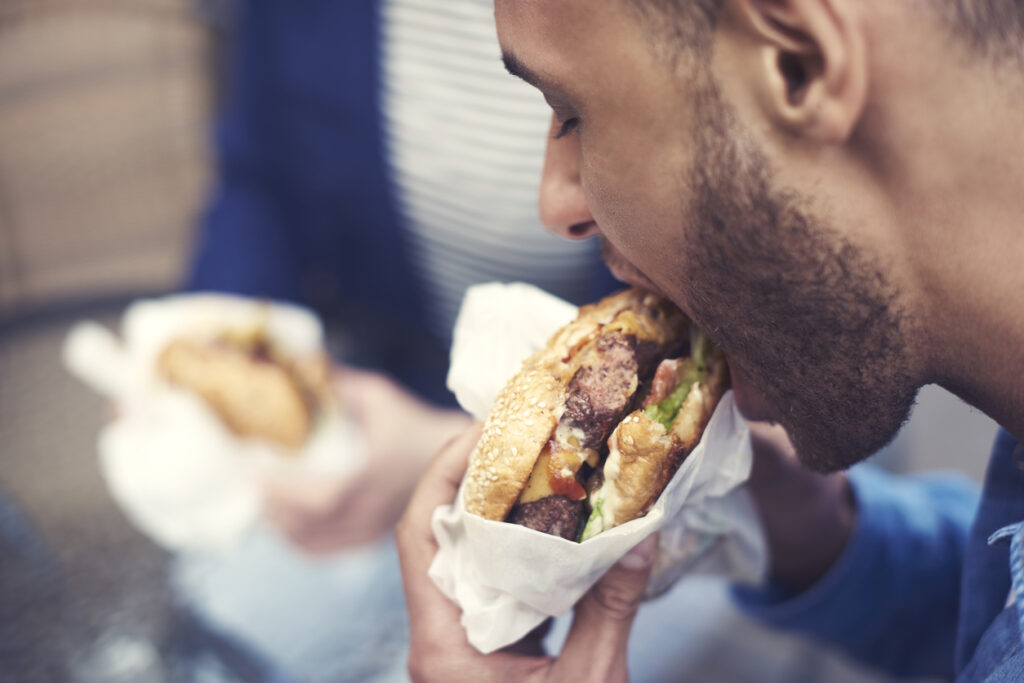
This one’s more of a belief than a reason, and it reveals a lot. The idea that other beings exist purely for our benefit isn’t just outdated—it’s deeply self-serving. We share the planet with animals, not own it. Using them simply because we can isn’t a reason—it’s a mindset that justifies all kinds of exploitation.
11. “I love animals, but…”
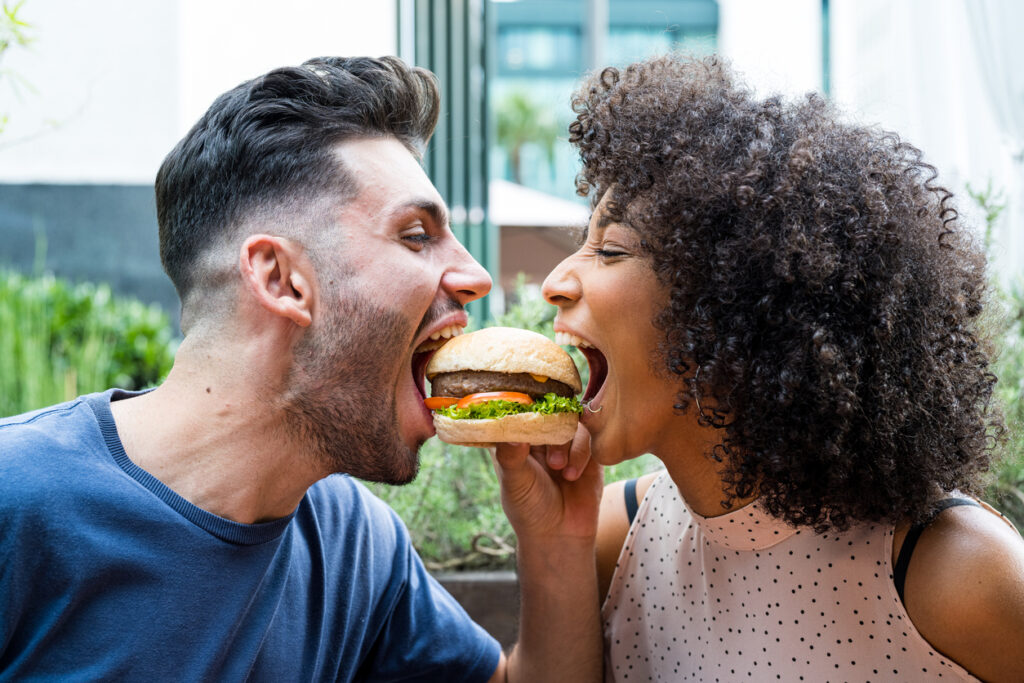
The sentence never ends well. If the next words involve eating, wearing, or testing on them, maybe it’s not love—it’s sentimentality mixed with convenience. Loving animals means respecting their right to live free from harm. It doesn’t mean liking puppies and then heading to the butcher’s.
12. “But bacon, though.”
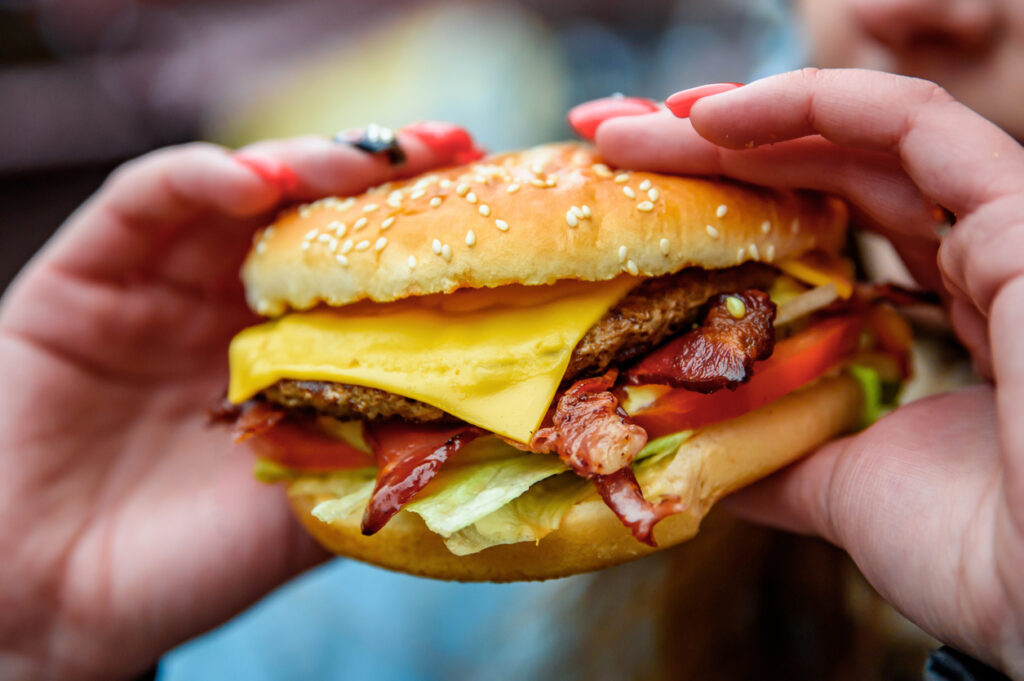
This isn’t an argument—it’s a craving in disguise. Sorry, but cravings shouldn’t get to outrank ethics. No one would accept “but cake” as a reason to ignore a moral issue. Sure, it tastes good, but lots of harmful things are enjoyable in the moment. That doesn’t make them okay once you understand what’s behind them.
13. “It’s too hard to be vegan.”

It’s easier than ever. Supermarkets are packed with options, restaurants offer vegan choices, and online resources are endless. It’s not hard—it’s unfamiliar, which isn’t the same thing. People often mistake effort for impossibility. The truth is, it gets easier with every meal and mindset change. The animals don’t care how “inconvenient” it is for a few weeks.
14. “My ancestors ate meat, so I should too.”
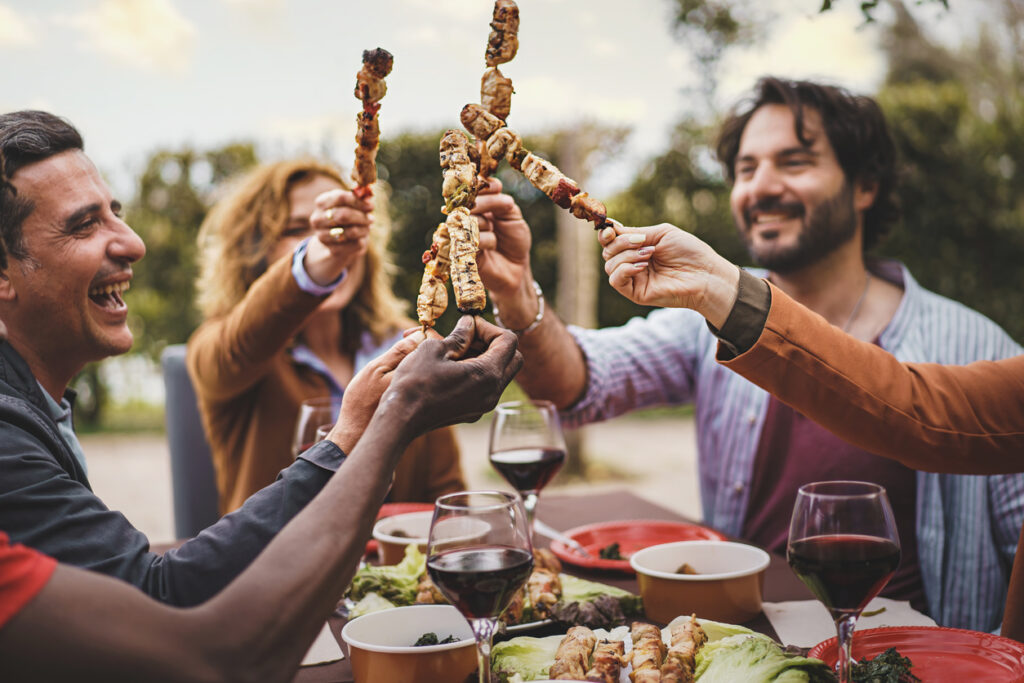
Your ancestors also didn’t have internet, indoor plumbing, or oat milk lattes—but here we are. Evolution isn’t just biological—it’s ethical, too. Being human means building on what came before, not blindly repeating it. Eating meat used to be about survival. Now it’s just habit.
15. “Animals would overrun the earth without farming.”
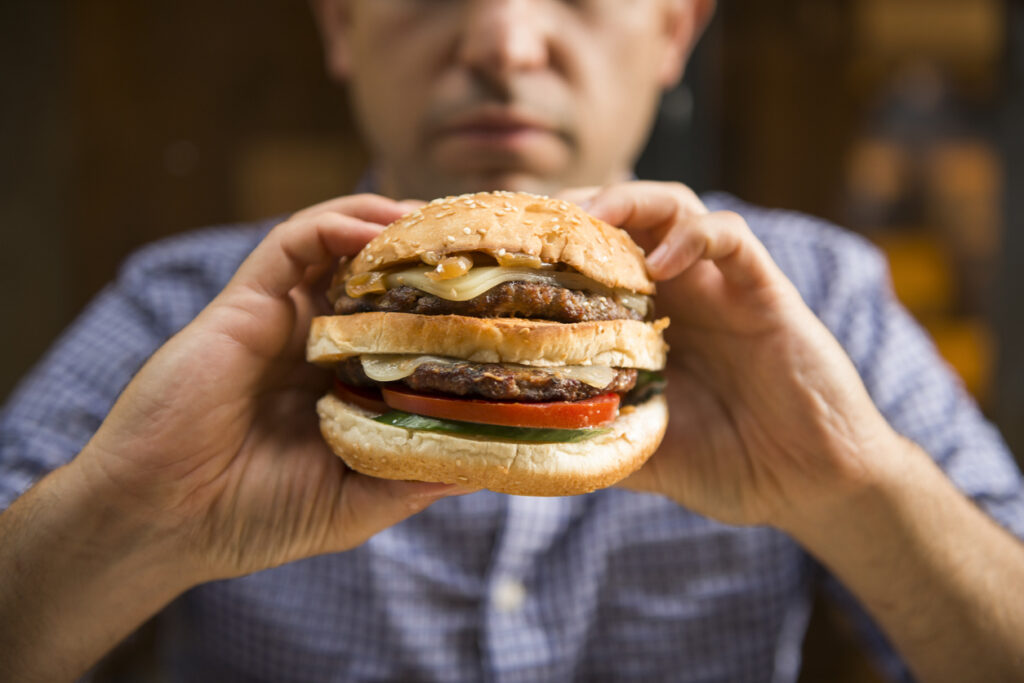
This assumes animals breed wildly unless humans control them. However, in nature, populations stabilise based on resources and predators. It’s only in farming that they multiply unnaturally fast. Animals aren’t planning a takeover—they’re simply trying to exist. If anything’s taking over the earth, it’s industrial agriculture, not sheep with an agenda.
16. “You can’t save them all.”
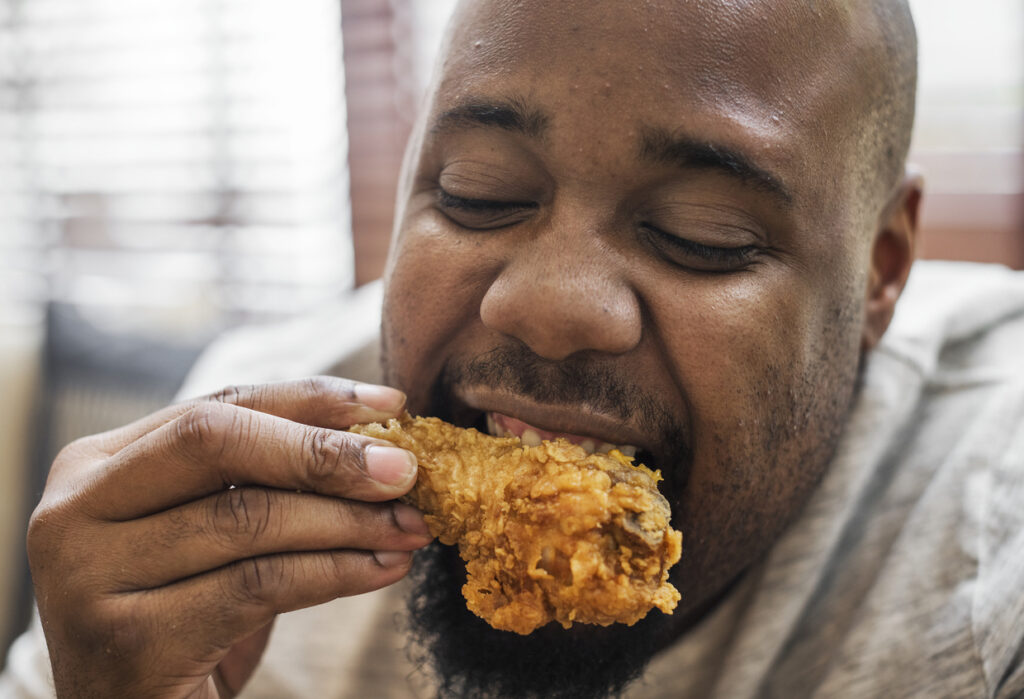
No one’s claiming to save every single life, but doing nothing because you can’t do everything is a strange form of defeatism. Progress doesn’t require perfection. Choosing not to cause harm is still worth it, even if the whole world isn’t on board yet. Every step counts, and the animals involved certainly notice the difference.
17. “Farm animals have good lives before they die.”
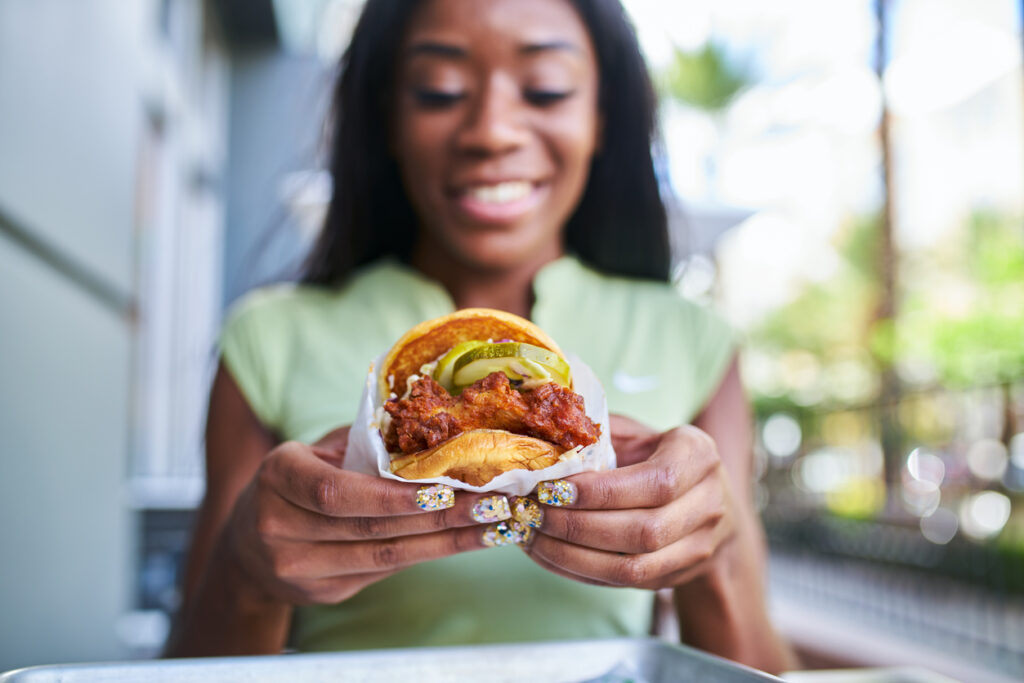
Even on the best farms, animals live short, controlled, and often stressful lives. The idea that a bit of space and sunshine cancels out being killed young is… a stretch. Would we accept this logic for pets or people? Probably not. A “nice” life still ends in unnecessary death, and there’s nothing kind about that.
18. “I tried being vegan once and didn’t feel great.”

One week of pasta and toast doesn’t count as a balanced attempt. Like any lifestyle change, it takes a bit of learning and planning to do it well. Feeling off could just be poor nutrition—not the lifestyle itself. And plenty of people thrive once they figure out how to eat in a way that works for them.
19. “Animals don’t think like us, so it doesn’t matter.”
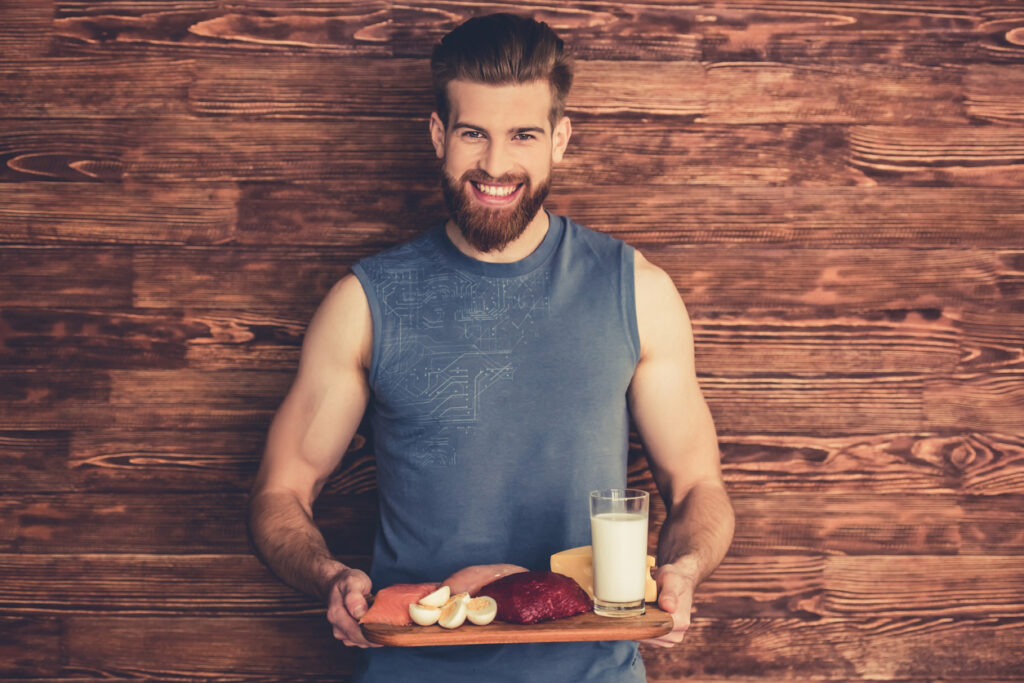
Just because someone isn’t like you doesn’t mean their suffering is less valid. Animals feel pain, fear, and distress. That should be enough to warrant compassion. We don’t base human rights on intelligence. Why should animals have to match us to deserve basic respect?
20. “It’s my personal choice.”
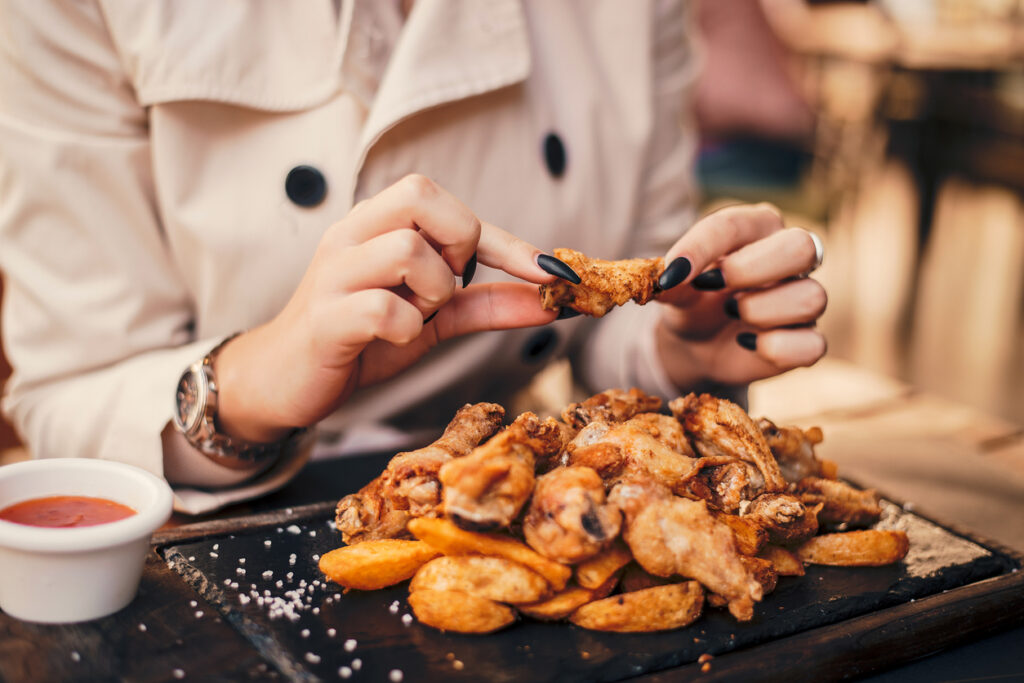
True—but choices that harm others aren’t immune to critique. Saying something is personal doesn’t mean it’s above ethical reflection, especially when lives are involved. No one’s banning bacon in your kitchen. But if your choice affects sentient beings, expect people to care about what’s behind it. That’s not judgement—it’s accountability.